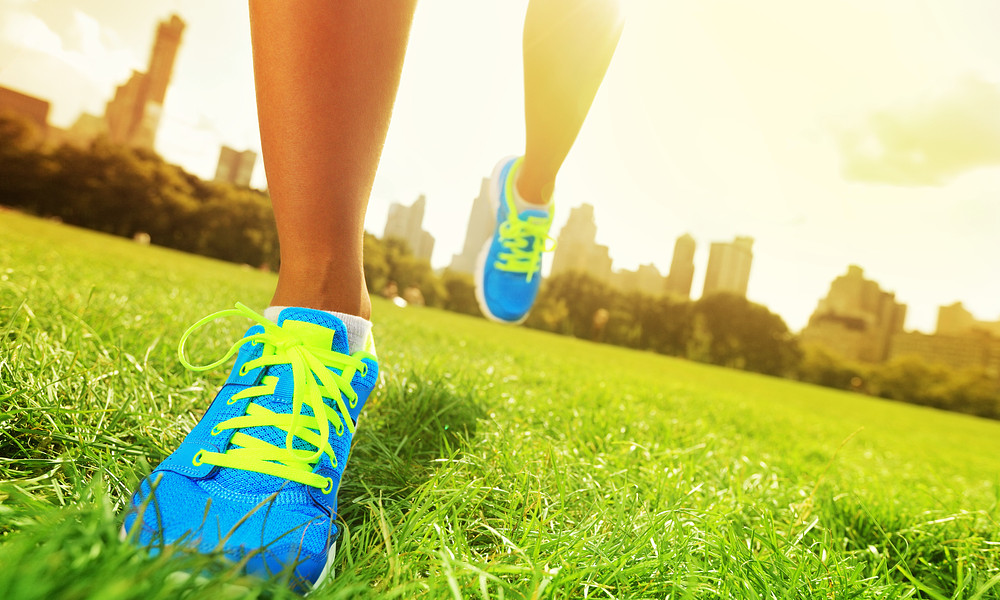Physiotherapy & Sport

Physiotherapy & Sport
- Level
- Language
- English
- Credits
- 30 ECTS
- Startmonths
- Start: September, February
- Locations
- Groningen
The programme Physiotherapy & Sport (IMPS) is for Physiotherapy students in their third or fourth year who would like to further specialise in assessment, treatment and coaching, related to professional and recreational athletes. The focus in this programme is on orthopaedic sports injuries.
About this programme
The programme deals with the following themes:
Sports physiology
As a sports physiotherapist, you play an important role in preventing injuries and providing treatment for recuperating and active athletes. This module teaches you how to make a specific training or rehabilitation programme tailored to an individual athlete. Keywords: exercise physiology, basic components of motor skills, muscle function and periodisation.
Measurements and Tests in Sports Physiotherapy
Both sports physiotherapists and regular physiotherapists use a wide range of measurement instruments in their daily practice. Using these instruments effectively requires you to make the right choices. After all, if you don't know what you're measuring, it's better not to take any measurements at all. You will be working in the Hanze Active Ageing LAB (HAAL), where you will try out physiological and psychological measurement instruments. You will map out the physical condition of another student, perform breath gas analyses in order to determine lactate thresholds, carry out isokinetic strength tests and jump strength analyses, and measure reaction speeds in the neuropsychology lab.
Taping and Bandaging
Taping and bandaging are important aids in the rehabilitation of sports injuries, and are used extensively in the prevention of injuries as well. In this module you will learn how to apply tape and bandages to an injury using the proper techniques; incorrectly applied tape or bandages may only serve to worsen the injury.
Diagnostics
In addition to functional impairments, external and contextual factors also play an important role in the field of sports-related disorders. Within this module, you will consider a sportsrelated case study. On the basis of this case study, you will then undertake physiotherapeutic research and draw up a rehabilitation plan for patients with sports-related dysfunctions.
Rehabilitation
The period of sports rehabilitation starts the moment an athlete sustains an injury and continues until the athlete is back at the preinjury level. Sometimes the former level can no longer be attained, but the target is to get to the highest achievable level within the existing limits. This can also mean that an athlete may end up playing at a higher level post-injury, simply because a good analysis has revealed previously unrecognised deficits in areas such as strength or coordination. Making the rehabilitation process sport-specific is key.
Sports psychology and mental training
Performances in sports depend on both physical and mental factors. This module sets out the basic principles and theories behind sport psychology, and how these can be used in effective supervision of athletes.
Knee/Ankle
Depending on the applicable guidelines of the Royal Dutch Association for Physiotherapy (KNGF) and new protocols from the professional field of physiotherapy, issues relating to knees and ankles will be discussed. Key words: anterior cruciate ligament injury, jumper's knee and ankle inversion trauma.
Sports Nutrition
Carriability relates to what the athlete's body can handle. In this regard, an athlete's degree of fitness depends on how well they take care of their body and nutrition plays an important role here. In this module, you will be introduced to the role of nutrition in sports, and learn how to use sports nutrition in such a way that it allows the athlete to perform or recover optimally.
MSK US
In the field of physiotherapy, imaging is playing an increasingly important role in diagnosing injuries, such as achilles tendinopathy or a muscle tear. In this module, you will learn how to use images from musculoskeletal ultrasound (MSK US) to identify tendinopathy and other musculoskeletal disorders.
Before you can start
Admission requirements
- You are a third-year of fourth-year student (Bachelor level undergraduate or associate degree) physiotherapy.
- You have completed your first year of your education and have obtained at least 45 ECTS in the main phase (year 2, 3 (or4)).
- You have experience with project management and you have developed research skills. No general education on these two topics will be offered. You will need to work in an international team and master the English language (graduation level secondary school).
Language requirements for international students
- Academic IELTS 6.0 overall
-
Please note that the programme is subject to cancellation if the minimum number of registered students has not been achieved.
Admission & application
Please check with your home university whether there is an agreement set up with the Hanze School that is offering the exchange programme of your choice. To apply for and be admitted for our exchange programme you should take the following steps
-
1. Be nominated by your home university
Once you have been nominated, your nomination will be checked by us and confirmed to your home university by email. You will receive your application link during our application period.
-
2. Submit your online application
Once you have been nominated by your home university you will receive a personal application link and the application instructions during our application period. The application is fully digital and documents do not have to be send by email or postal mail. Make sure you do not miss our application deadline!
-
3. Letter of Acceptance
Once you have submitted your application we will check your documents. If you have to re-submit any documents, we will let you know. We will be sending out Acceptance Letters from the beginning of May when you start in September and from the middle of October when you start in February.
Find out more about our application process and practical matters.
Frequently Asked Questions
Contact
-
Contact



